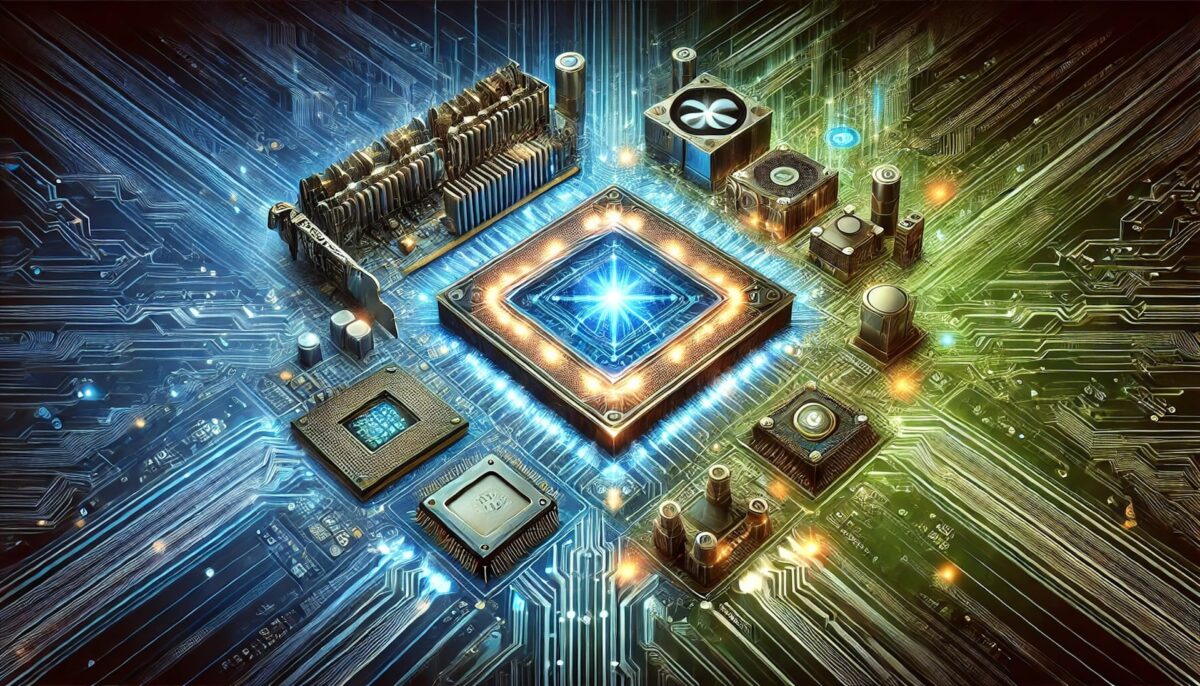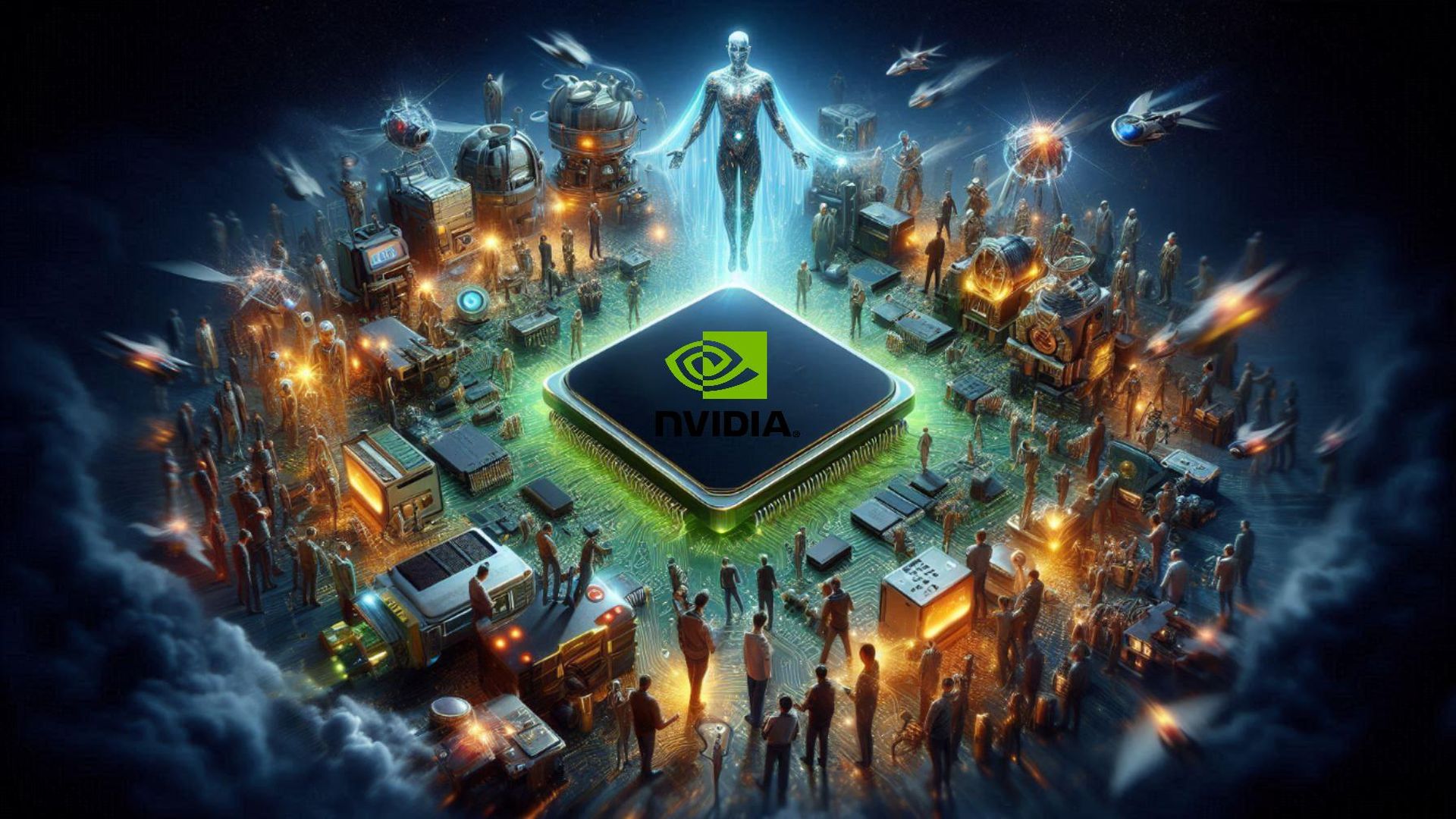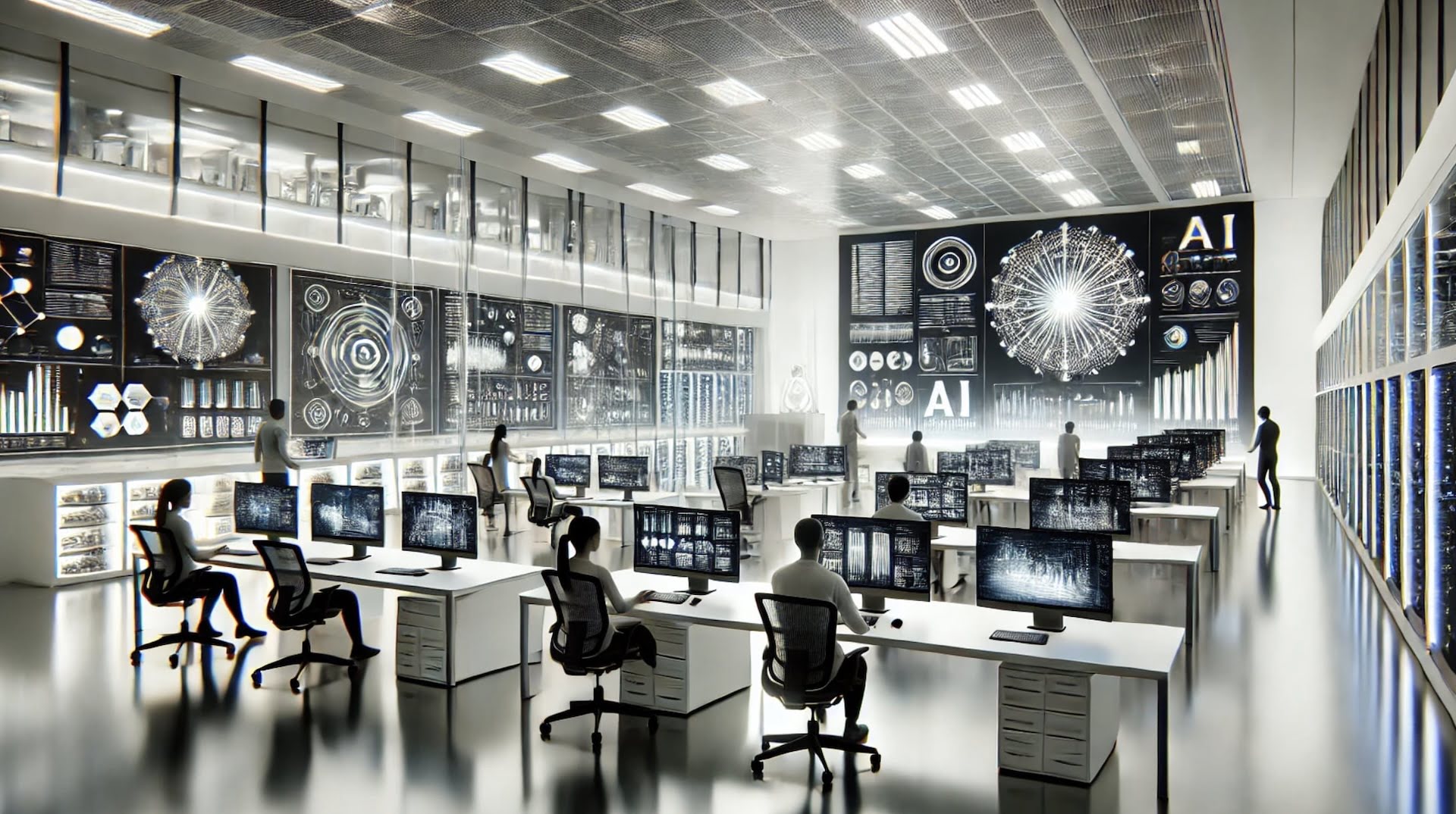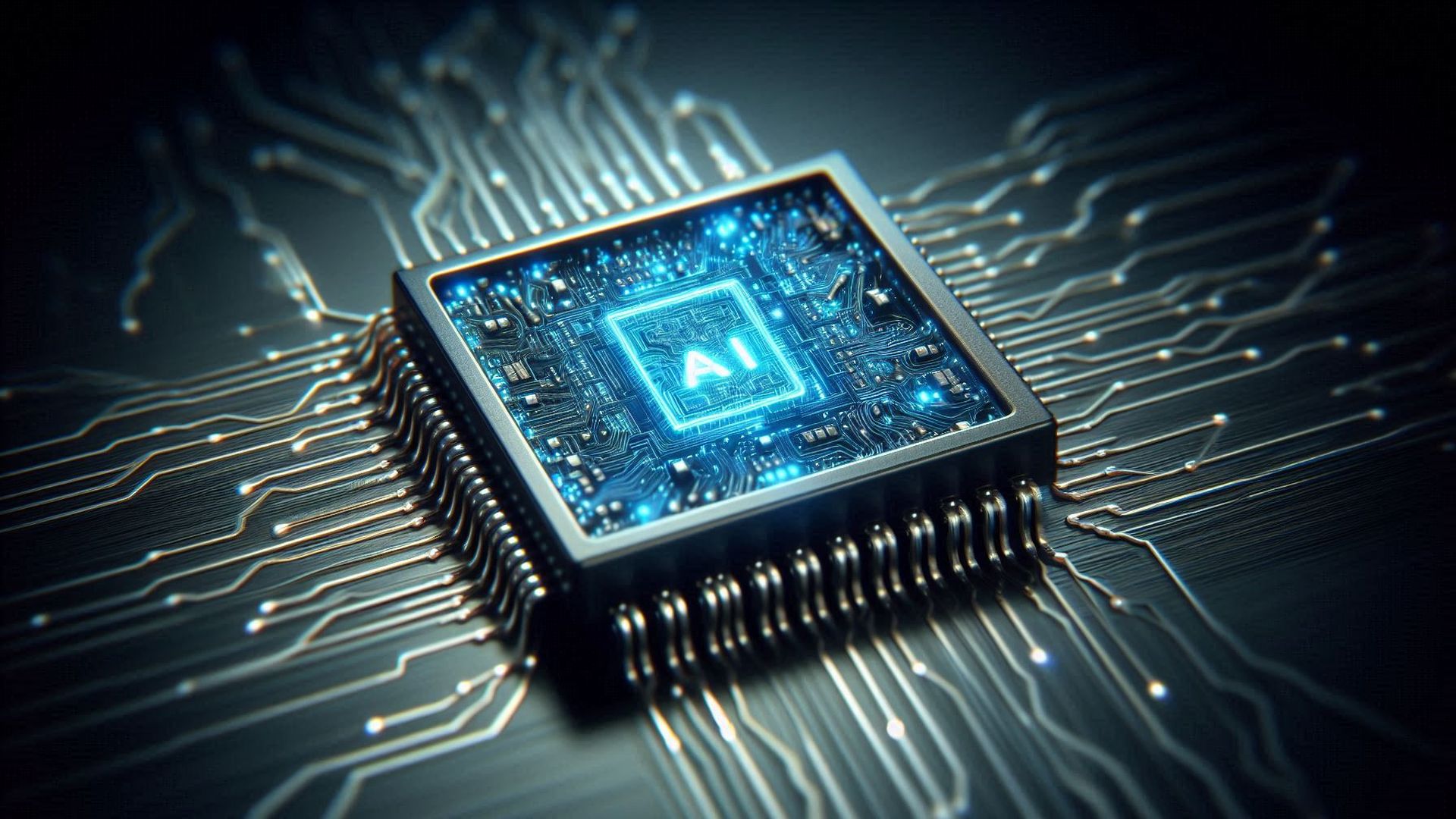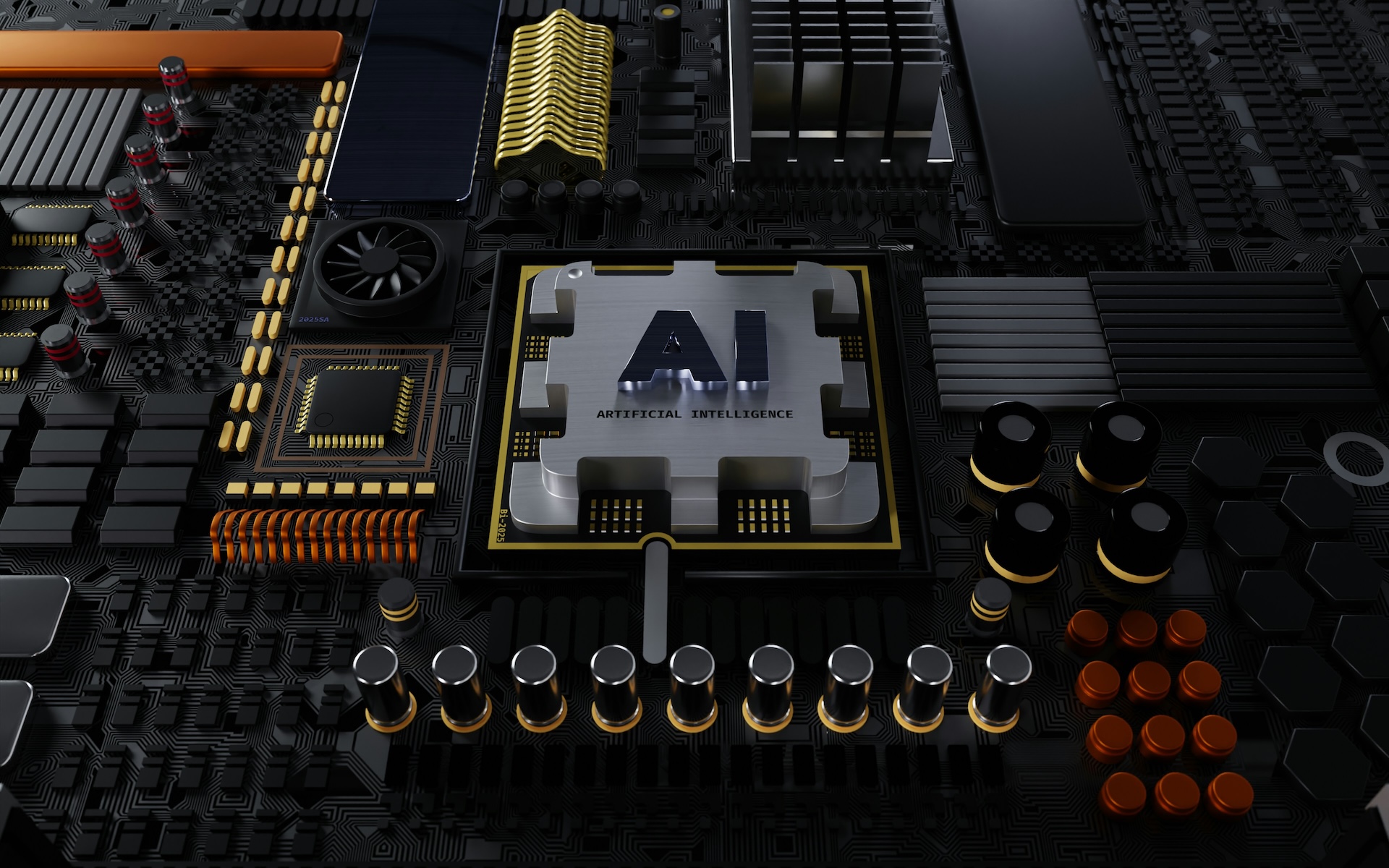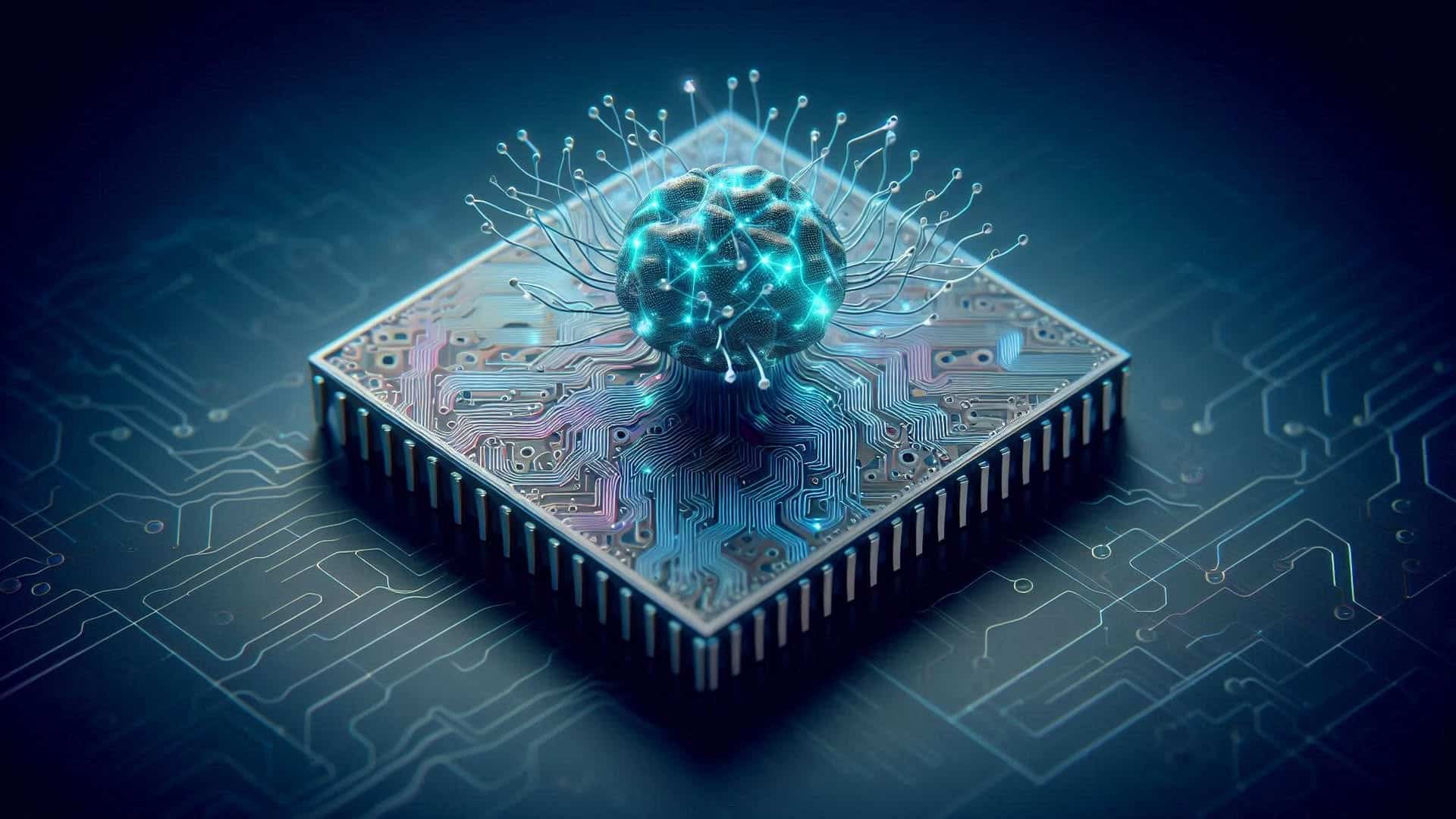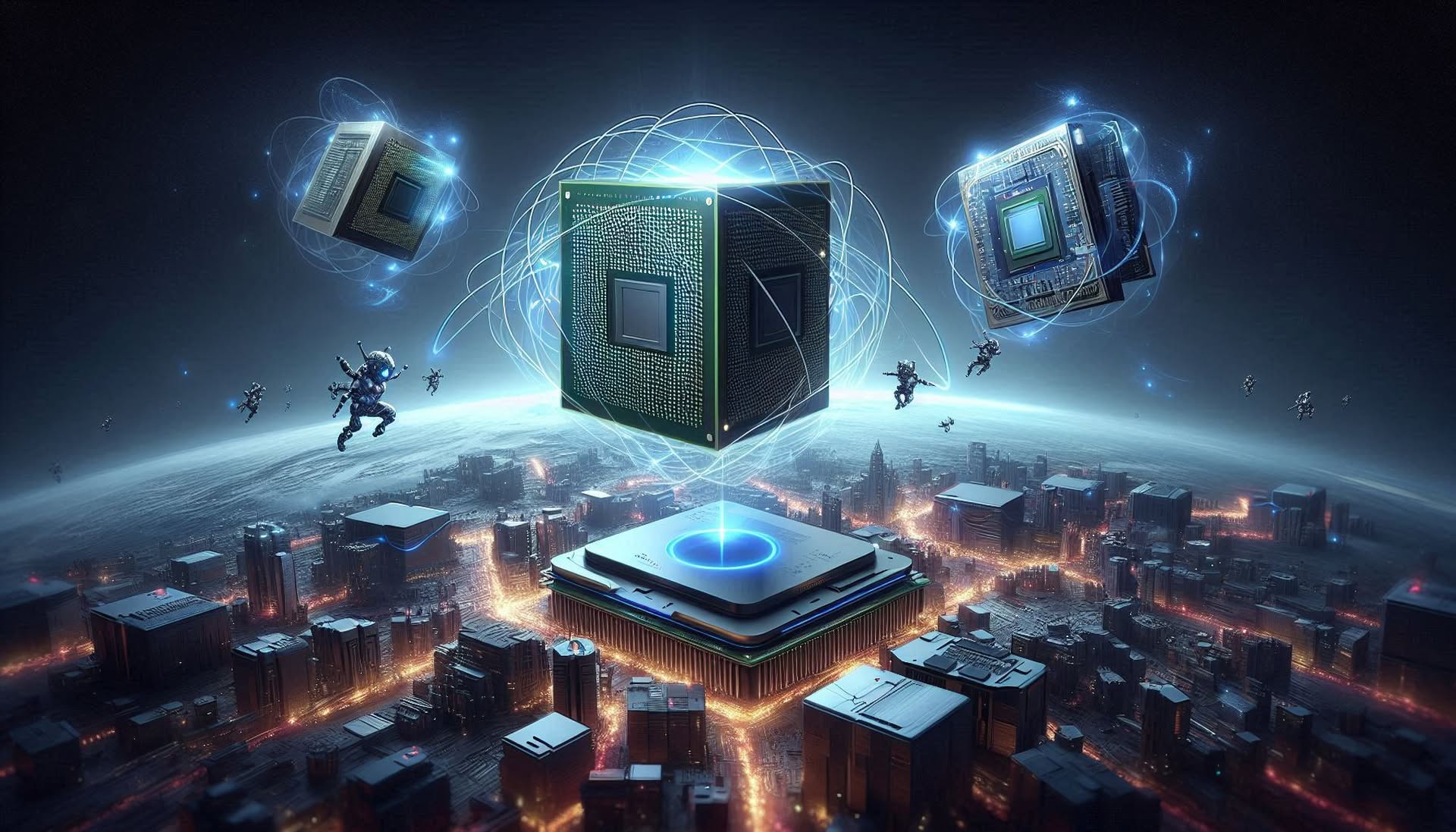AI has taken over the world and more people want to get their hands on this field, but what hardware is needed for AI? Can you build and run an AI project from your gaming PC or do you need special AI hardware?
We are used to regular PC terms like CPUs and GPUs, but when you add artificial intelligence to the equation, things become even more complex. Data architects on AI ML projects or other AI professions are much more familiar with these terms. If you are curious about the topic and want to improve yourself, don’t forget to check out our other AI hardware guides! Now let’s get back to our topic: What hardware is needed for AI?
What is AI hardware?
AI hardware refers to the parts of a computer that make it possible for it to learn and make decisions. These parts help the computer handle complex tasks quickly, which is crucial for AI to work effectively. Mostly, AI architects get their hands on building the project.
Think about regular PC parts that let you şlay games or surf on the internet to read this guide. The AI hardware concept is not very different as it lets AI and ML projects run smoothly. We have a very helpful guide about what AI hardware is and if you have questions or want to dig deeper into this topic, don’t forget to check it out!
What hardware is needed for AI?
To set up a computer for AI, you need several important parts. The main parts are the Central Processing Unit (CPU) and the Graphics Processing Unit (GPU). The CPU is like the brain of the computer where all the major tasks happen, but the GPU is especially important for AI because it can handle many tasks at once. This ability is essential for AI work, which involves lots of simultaneous calculations.
Apart from CPUs and GPUs, AI systems also need a lot of memory. Random Access Memory (RAM) helps the computer process data quickly. Faster types of memory like High Bandwidth Memory (HBM) are even better. For storing data, Solid State Drives (SSD) are preferred over Hard Disk Drives (HDD) because they are faster, which means they can speed up AI tasks.
In large AI setups where many computers work together, good networking hardware is crucial too. It helps data move quickly between computers. Another key part of AI hardware is dedicated AI accelerators, like Google’s Tensor Processing Units (TPUs), which are designed to make AI processes even faster. Then you have NPUs, powerful CPUs made for artificial intelligence.
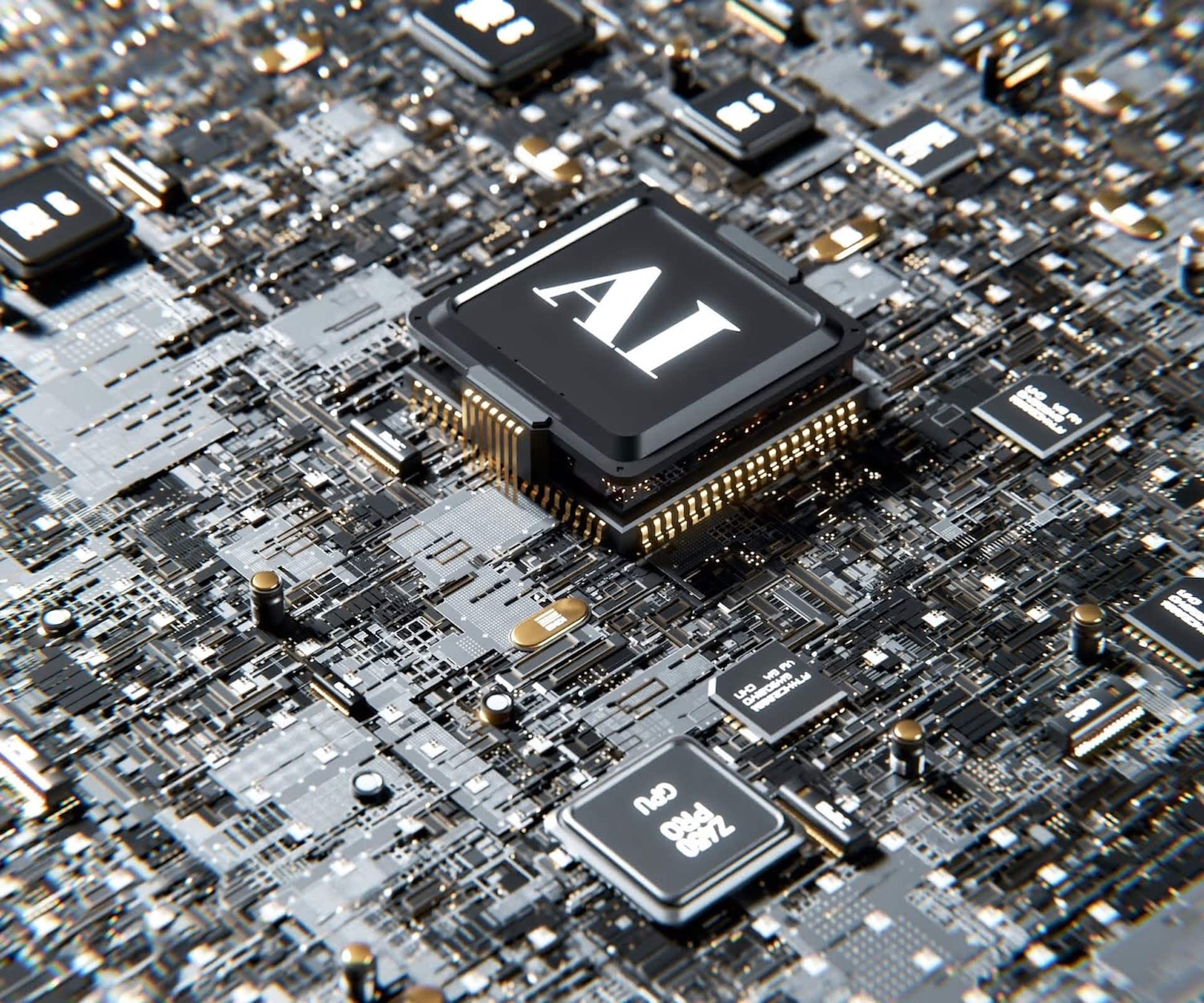
Does AI require CPU or GPU?
AI can run on both CPUs and GPUs, but which one you should use depends on the task. Generally, GPUs are better for AI because they handle many operations at once. This makes them faster for training AI models or working with big data sets, where many calculations need to happen simultaneously.
CPUs are more flexible than GPUs and can manage a wider variety of tasks. This makes them important for smaller AI projects or tasks that don’t need as much parallel processing. Essentially, GPUs are popular for heavy AI tasks because of their speed, but CPUs are still important for their ability to handle different types of tasks.
How much RAM is needed for AI?
The amount of RAM you need for AI depends on the size of the project. At a minimum, you should have 16GB of RAM to ensure that your computer can handle the data smoothly without having to slow down and use other storage. For larger or more complex projects, you might need 32GB of RAM or more.
Video RAM (VRAM) in GPUs is also important, especially for deep learning. VRAM stores data right next to the GPU, which speeds up the process. For serious AI work, you should aim for a GPU with at least 8GB of VRAM, though more might be necessary for very advanced tasks. 8GB is mostly for beginners and starter projects. You need to aim for cards with 16GB of VRAM or more.
Do I need a powerful PC for AI?
If you’re getting into AI and machine learning, it’s important to have a powerful PC. Focus on getting a good CPU and a strong GPU. The GPU is especially important for tasks like deep learning because it processes data faster by handling many tasks at once.
When choosing a PC for AI, consider what kinds of tasks you’ll be doing. If you’re focusing on deep learning, go for a better GPU with plenty of VRAM. If your AI work varies, a strong CPU is also essential. The stronger your PC, the more complex AI tasks it can handle, which means better performance and faster learning. Simple PC logic applies everywhere, it is the same for gaming PCs too!
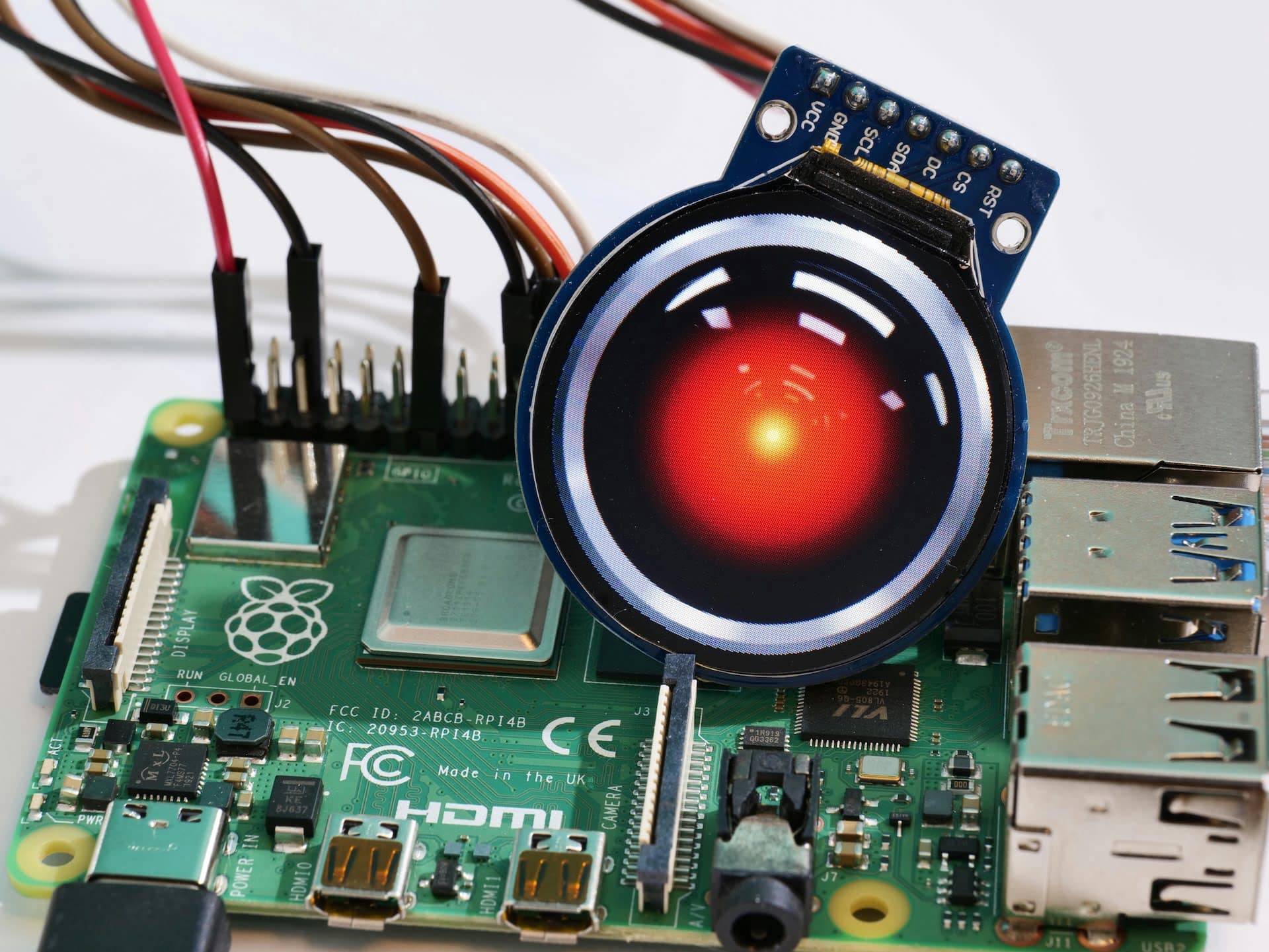
Which company is most associated with the hardware used in AI?
AI’s sudden rise mobilized some of the biggest tech companies to invest more. On the other hand, new companies with a keen focus on artificial intelligence have also hit the surface. Some companies are now referred to as the “AI giants” and here are some of the biggest ones in the market:
NVIDIA
NVIDIA is a leader in the AI hardware market, especially known for its powerful GPUs that make AI processes faster. Its chips, like the H100 AI accelerator, are popular in the tech world, used by big names like Google and Microsoft. NVIDIA keeps innovating, like with its new NVIDIA Blackwell platform, which helps run AI applications more cheaply and efficiently.
NVIDIA’s latest products, such as their GPUs and accelerator chips, are great for small tech companies and startups. These products make advanced AI technology more accessible and affordable, letting smaller companies use AI without huge investments. This helps them stay competitive.

Intel
Intel is well-known for its CPUs but has also stepped up in AI with its Xeon processors. These chips handle a range of tasks from data centers to AI operations. Intel’s newest product, the Gaudi3 AI accelerator, shows its commitment to meeting the increasing demands for AI processing power.
Intel’s Gaudi3 processors are designed for AI tasks that need strong processing power. These include jobs like understanding language, recognizing images, and learning from data. The processors help data centers run these AI tasks faster and more smoothly.
AMD
AMD is catching up to NVIDIA with its new products like the Ryzen PRO 8000 series processors. These processors are built to make business computers faster and more efficient, specifically with AI tasks in mind. AMD’s Instinct MI300 series also aims at high-performance AI and computing tasks, showcasing AMD’s dedication to AI technology.
AMD’s Ryzen PRO 8000 series processors boost AI capabilities in business computers by making them faster and more power-efficient. These improvements help computers handle AI tasks such as analyzing data, automating tasks, and improving customer services.
Alphabet
Alphabet, Google’s parent company, develops specialized AI chips such as the TPU v5p. These chips are built to train large AI models effectively. Alphabet focuses on robust AI chips to support large-scale AI projects and cloud infrastructure, making it a key player in the AI hardware market.
IBM
IBM has long been an innovator with its early introduction of the neuromorphic chip TrueNorth. More recently, IBM launched the Telum processor, designed for specific AI uses, mainly serving data centers and manufacturers. With its targeted and innovative solutions, IBM continues to be influential in the AI hardware sector.
Now that you know what hardware is needed for AI, you can check out certification courses after building up your PC to catch all the tech trends and possibly have a career in this surging field!


